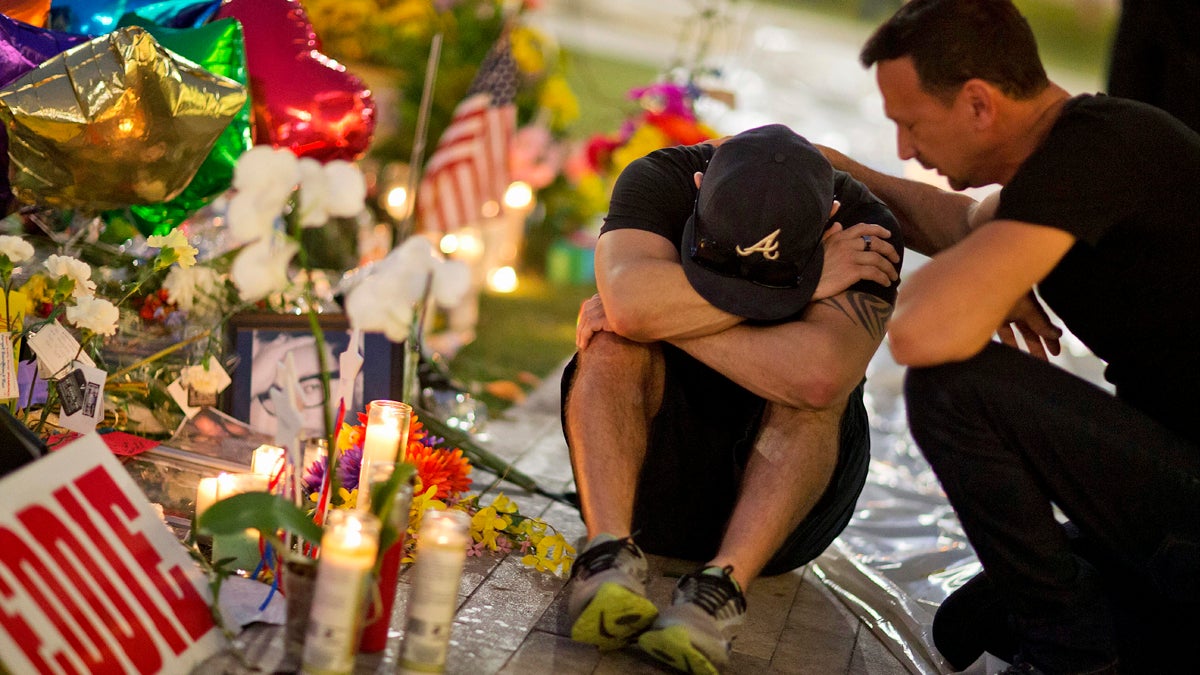Should Orlando shooter’s wife be criminally charged?

Jean Dasilva
Four days after the worst mass shooting in modern American history, authorities are mulling whether to criminally charge Noor Zahi Salman, who claims she knew – but didn’t alert police – about her husband’s plans to slaughter nightclubbers in Orlando.
What did the wife know?
Four days after the worst mass shooting in modern American history, authorities are mulling whether to criminally charge Noor Zahi Salman, who claims she knew – but didn’t alert police – about her husband’s plans to slaughter nightclubbers in Orlando.
But while local experts say she was morally wrong to do nothing, her criminal culpability will be tougher to prove in court.
“As a society, we should morally blame people who don’t protect the rest of us,” said Jules Epstein, a professor at Temple University’s Beasley School of Law and director of advocacy programs. “But that’s different from whether a person committed a crime. And in just the most general terms here, you need a lot to prove conspiracy, and you need proof to show someone was an accomplice. Mere knowledge of a crime or a plan to commit a crime has never satisfied the court. This is not yet Minority Report (the Philip K Dick novel later made into a major motion picture) or something like that. There traditionally is an aversion to thought crime.”
Salman told authorities that she accompanied her murder-minded husband Omar Mateen when he bought ammunition and scoped out the Pulse nightclub and DisneyWorld – but insisted she pleaded with him not to carry out the Sunday-morning massacre, in which he shot 49 people to death and left another 53 seriously injured.
To many, criminally charging her seems like a no-brainer: If you can help prevent a bloodbath but don’t, you deserve the worst the law allows.
“I would be shocked if she didn’t get locked up,” said Upper Darby Police Superintendent Michael Chitwood, whose law-enforcement career has spanned 52 years. “She knew too much. She didn’t come forward. She should be locked up.”
But the law differs from state to state and generally requires mens rea (Latin for “guilty mind”), a legal term for mental consent or criminal intent, Epstein said.
“The big thing is intent, and then if you have intent, did you act on it in some way?” Epstein said.In Salman’s case, investigators must find answers to many questions before they can file criminal charges, he added.
Did she know what her husband planned to do? Did she know when he left their home in Port St. Lucie, Fla., that he was headed to Orlando to kill?
While she admitted she was with him as he plotted and prepared, did help or encourage him? And why did she stay silent – because she agreed with him, because she thought he couldn’t be serious, or because he was an abuser who terrorized her into secrecy?
“Misprision of felony,” which originated in English common law, is a crime that occurs when someone knows a felony occurred and who committed it but conceals it or doesn’t alert authorities. But it’s not on the books in every state – and it might not apply in this case, since Mateen hadn’t yet gone on his rampage the last time he saw his wife, Epstein said.
“Should you be punished for (what you know about) crimes that happened – or crimes that might happen in an hour?” he said.
Salman isn’t in custody, and authorities haven’t decided whether to prosecute her, according to NBC News, which first reported her statements.
Salman is Mateen’s second wife; together, they had a 3-year-old boy. Mateen’s first wife Sitora Yusufiy told the New York Times she left him in 2009 because he was physically and verbally abusive.
WHYY is your source for fact-based, in-depth journalism and information. As a nonprofit organization, we rely on financial support from readers like you. Please give today.

